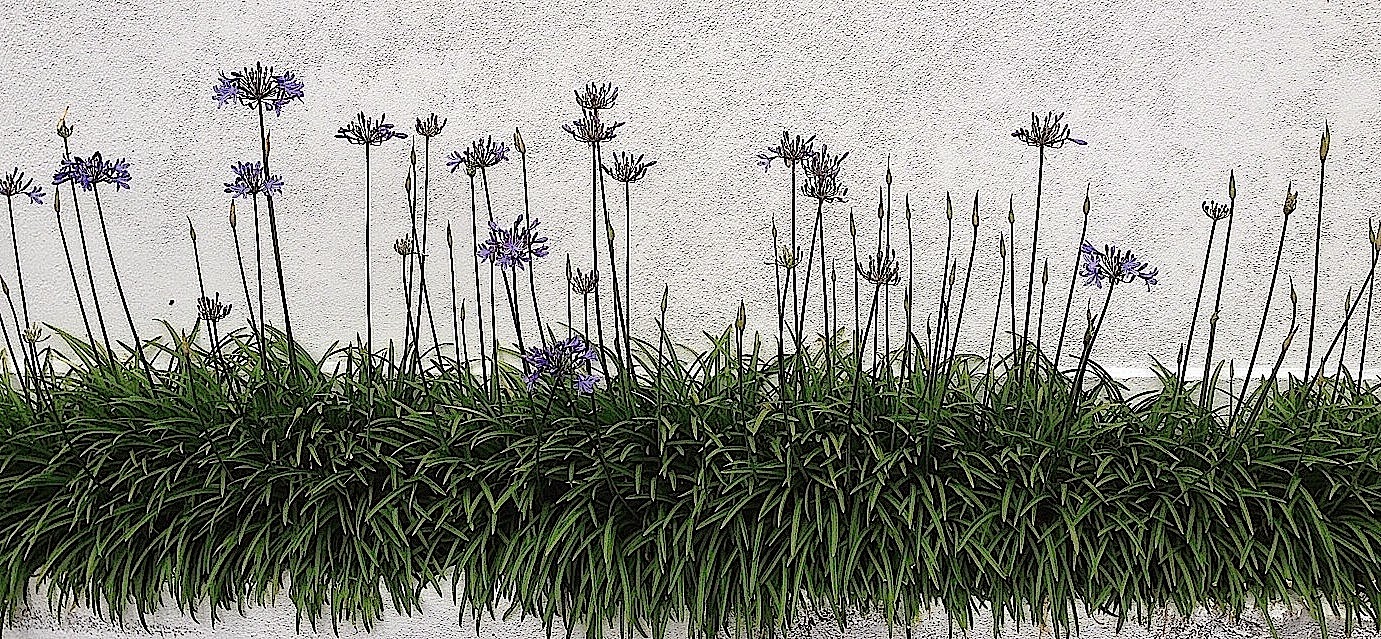Serotonin,
the brain's feel-good chemical, interacts with receptors to spread
happiness, satisfaction and relaxation. When we wrestle with shades of
experience, we have the ability to move from intense moments then glide
into realms of ease. At other times we just struggle, stuck in the
middle of funk. The complexity of the human endocrine system toys with
our balance.
All the advances in medicine and technology cannot provide a life of satisfaction. Individually, we access the center of wisdom in the brain and do what needs doing. We must engage with our highs, lows and middles by discovering ways to dislodge discomfort and energize the interactions in the brain for positive results.
With writing we have the ability to alter our moods or, at least, write about and through them.
Moodle!
All the advances in medicine and technology cannot provide a life of satisfaction. Individually, we access the center of wisdom in the brain and do what needs doing. We must engage with our highs, lows and middles by discovering ways to dislodge discomfort and energize the interactions in the brain for positive results.
With writing we have the ability to alter our moods or, at least, write about and through them.
Moodle!
Get several sheets of paper and a pen that flows across the page. Find a location where you can write undisturbed for an hour. Write your current mood across the top of the page. Begin writing and do not cross out or feel concern about the words. Get into a flow. Let one word drop, then another.
See where your mind takes you until the end of the page. Has your mood changed? Write the replacement mood across the top of the next page and begin again. Follow your moods for an hour.
Try writing with a variety of colors. To dislodge crankiness, use green. If tired, write with red or magenta. If restless, try blue for its tranquil qualities.















































